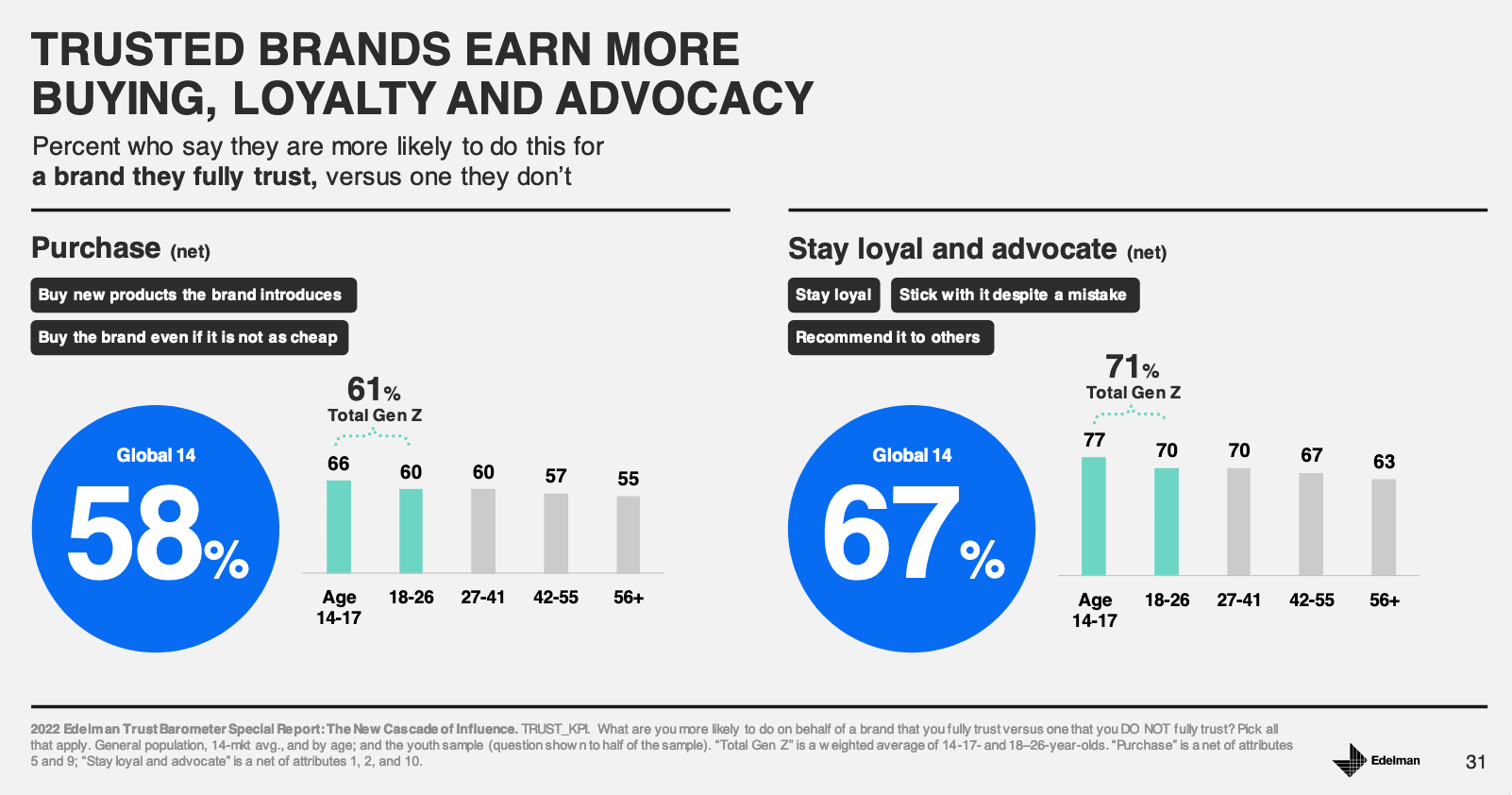Android Vs. IPhone: Analyzing Gen Z's Smartphone Preferences

Table of Contents
Price and Value for Money
Price is a significant factor for Gen Z consumers, many of whom are still financially dependent. While iPhones consistently hold a higher price point, the Android market offers a wide range of budget smartphones and affordable phones, making it a more accessible option for many young adults. This price difference significantly impacts the perceived value for money.
- Affordable Android Options: Brands like Samsung (with its A series), Xiaomi, OnePlus, and Google's Pixel A series offer compelling features at considerably lower prices compared to entry-level iPhones.
- iPhone's Premium Price: The starting price of an iPhone often sits significantly higher than comparable Android flagship phones, impacting affordability for budget-conscious Gen Z consumers.
- Value Proposition: While iPhones are known for their premium build quality and seamless user experience, many Android devices offer similar functionality at a fraction of the cost, creating a strong value proposition for price-sensitive buyers.
App Ecosystem and Functionality
The app ecosystem is crucial for smartphone users, and Gen Z is no exception. Both Android (via the Google Play Store) and iOS (via the iOS App Store) boast millions of apps, but key differences exist. App availability is generally similar, but exclusive apps and user experience vary.
- App Selection: While most popular apps are available on both platforms, minor differences in release dates or specific features can influence user choice.
- Exclusive Apps and Features: Certain games and apps may be exclusive to one platform, potentially swaying Gen Z gamers or users with specific app needs. For example, some popular mobile games launch first on iOS.
- User Interface (UI) and User Experience (UX): iOS is known for its intuitive and streamlined UI, whereas Android offers more customization, leading to diverse user experiences. Gen Z's preference often depends on personal UI/UX preferences.
Customization and Personalization
Gen Z values self-expression and personalization. Android's open-source nature allows for extensive customization, while iOS offers a more limited, curated experience. This difference significantly influences the choice for many young users.
- Android Customization: Android users can personalize their phones extensively through launchers (like Nova Launcher or Action Launcher), widgets, icon packs, and theme customization. This level of control appeals to those seeking a unique digital identity.
- iOS's Limited Customization: iOS offers less flexibility in terms of customization. While users can change wallpapers and widgets (introduced in later versions), options are far more limited compared to Android.
- Gen Z's Preference: Surveys and anecdotal evidence suggest a significant preference for Android's high degree of customization within Gen Z, reflecting their desire for self-expression and personalization of their digital spaces.
Social Media Integration and Influence
Social media plays a massive role in Gen Z's lives. Seamless integration with popular platforms like Instagram, TikTok, and Snapchat is critical. Influencer marketing significantly impacts Gen Z's purchasing decisions, influencing their perception of both Android and iPhone.
- Social Media Platform Popularity: The popularity of specific social media apps (TikTok's influence is particularly strong amongst this generation) and how easily those platforms integrate with the operating system can sway decisions.
- Influencer Marketing: Gen Z is heavily influenced by social media influencers, and their endorsements (often showcasing specific features or apps) significantly impact brand perception and product choice.
- App Features: The ease of using social media apps and the availability of specific features (like Instagram Reels on both platforms or TikTok's direct integration) directly affect user experience and choice.
Security and Privacy Concerns
Data privacy and security are becoming increasingly important concerns for all age groups, including Gen Z. This consideration plays a role in choosing between Android and iPhone. Both operating systems have security features, but their approaches and track records differ.
- iOS Security: iOS is often perceived as having stronger built-in security features and a better track record in protecting user data. This perception influences those prioritizing security.
- Android Security: While Android's security has improved significantly over the years, perceptions of vulnerability to malware remain for some users. However, regular updates and security features mitigate many risks.
- User Data Concerns: Gen Z is increasingly aware of how their data is collected and used by companies. The privacy policies and data handling practices of each platform play a subtle but important role.
Conclusion
Gen Z's smartphone choices are multifaceted, reflecting the interplay of price, app ecosystems, customization options, social media influence, and security concerns. While iPhones' premium features and user experience appeal to some, Android's affordability and customization options attract a large segment of this generation. Understanding these preferences is crucial for both manufacturers and marketers to navigate the evolving smartphone market effectively. What are your thoughts on Android vs. iPhone for Gen Z? Which platform best suits Gen Z's needs? Discuss your preferred smartphone based on this analysis of Android vs. iPhone. The future of the smartphone market hinges on understanding and catering to Gen Z's evolving preferences.

Featured Posts
-
 Trumps Plan To Restrict Migrants Right To Challenge Detention
May 10, 2025
Trumps Plan To Restrict Migrants Right To Challenge Detention
May 10, 2025 -
 Harry Styles Debuts Retro Mustache In London
May 10, 2025
Harry Styles Debuts Retro Mustache In London
May 10, 2025 -
 Hart Trophy Finalists Announced Draisaitl Hellebuyck And Kucherov
May 10, 2025
Hart Trophy Finalists Announced Draisaitl Hellebuyck And Kucherov
May 10, 2025 -
 Perus Gold Industry Assessing The 200 Million Loss From The Emergency Mining Ban
May 10, 2025
Perus Gold Industry Assessing The 200 Million Loss From The Emergency Mining Ban
May 10, 2025 -
 Analyzing Morgans Strategic Failures High Potential Season 1 5 Examples
May 10, 2025
Analyzing Morgans Strategic Failures High Potential Season 1 5 Examples
May 10, 2025
